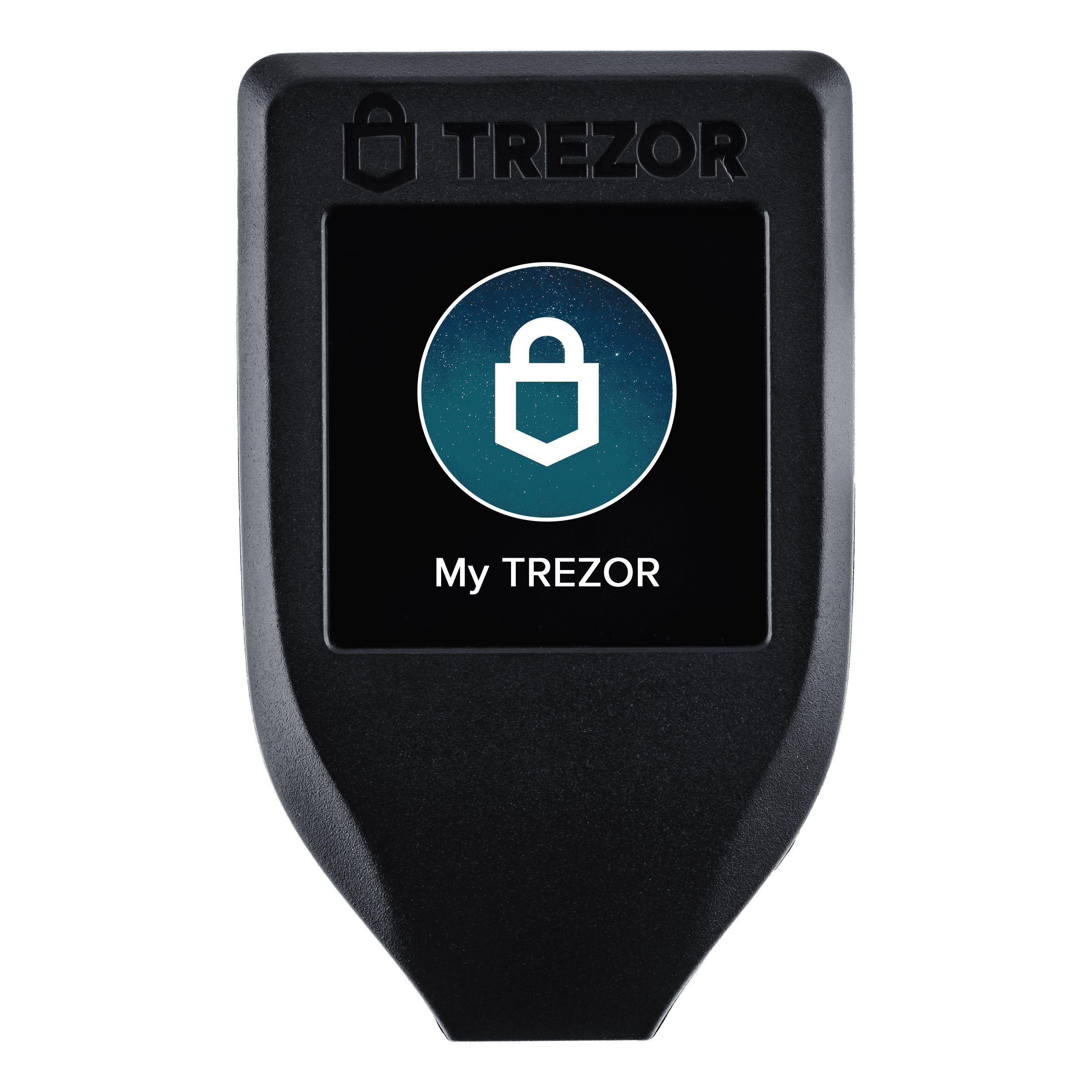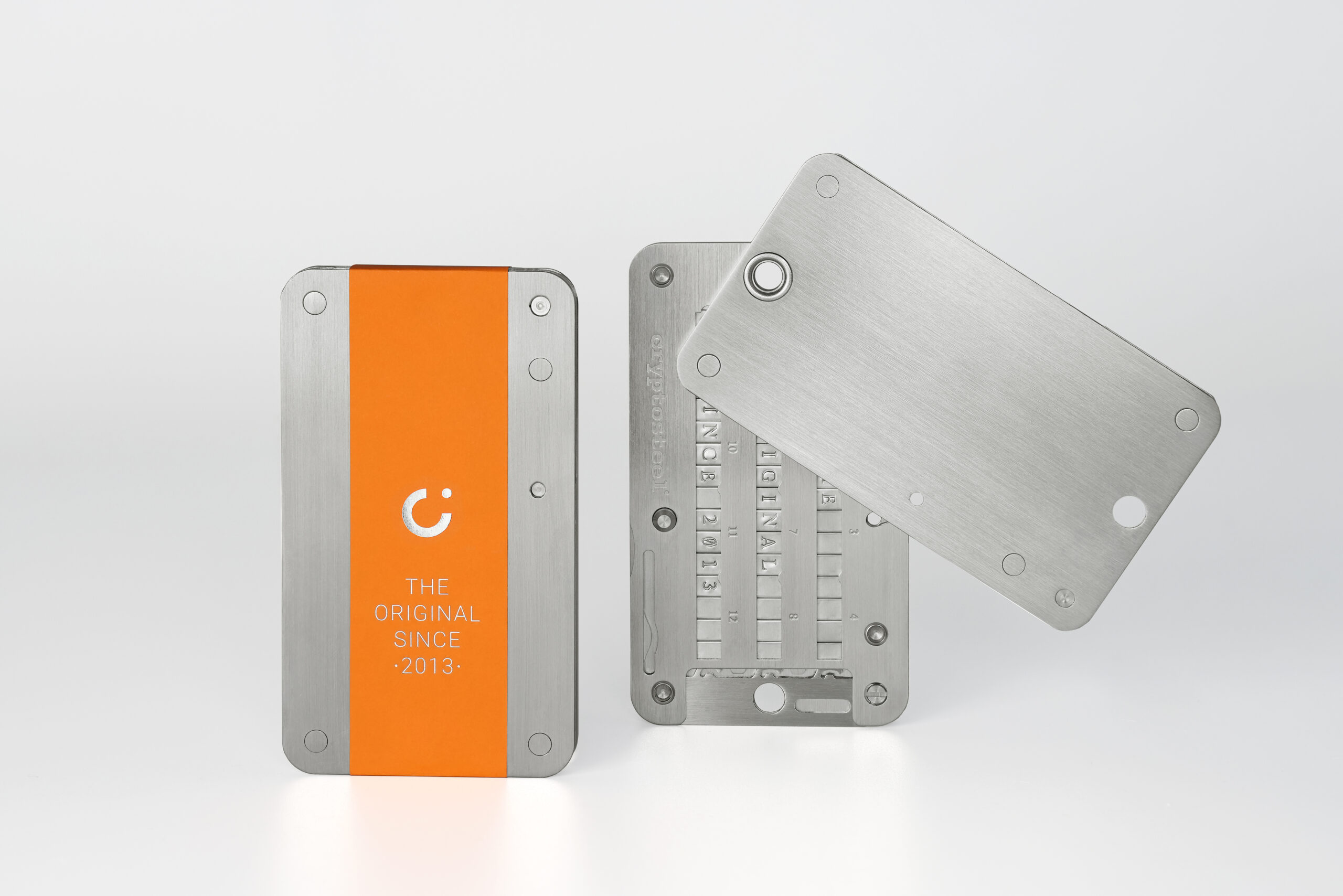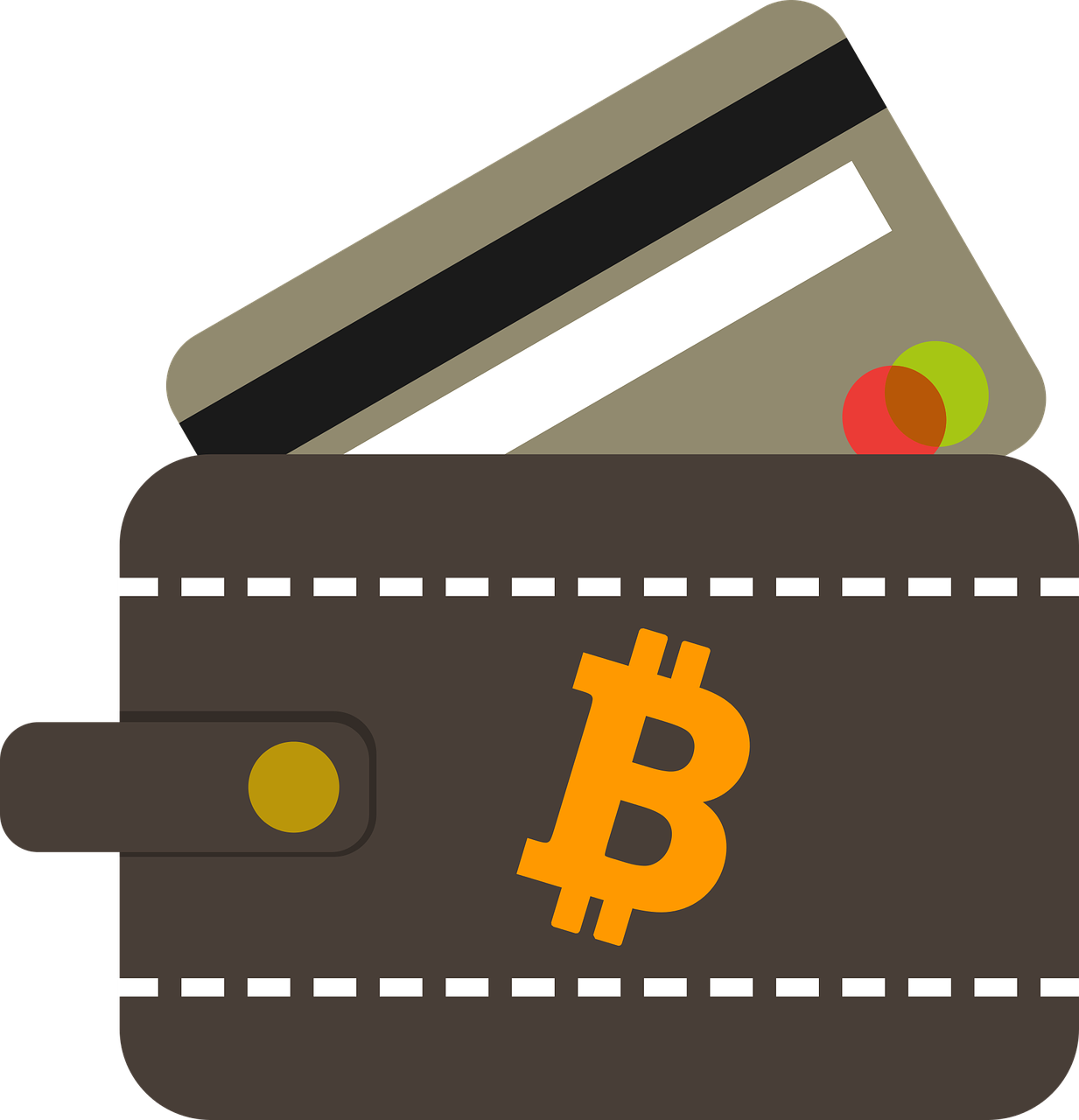Are you considering investing in Bitcoin? One of the first things you need to consider is where and how you’ll store your digital currency. This is where Bitcoin wallets come into play. These digital wallets not only keep your Bitcoins safe, but also allow you to easily send and receive them. By choosing the right type of wallet and following some basic security measures, you can ensure that your Bitcoins remain secure and easily accessible.
Types of Bitcoin Wallets
There are several types of Bitcoin wallets available, each with its own unique features and benefits. Here is a brief overview of the most common types:
1. Desktop Wallets
Desktop wallets are software programs that can be downloaded and installed on your computer. They offer a high level of security as they store your private keys locally. Some popular desktop wallets include Electrum, Exodus, and Armory. Although desktop wallets are generally more secure than online or mobile wallets, they can be vulnerable to malware attacks too.
2. Online Wallets
Online wallets, also known as web wallets or hot wallets, are hosted on the internet by a third-party provider. They are convenient and easily accessible from any device with an internet connection.
However, since your private keys are stored on a remote server, they can be vulnerable to hacking attacks and other security breaches. Popular online wallets include Coinbase, Blockchain.info, and BitGo.
3. Mobile Wallets
Mobile wallets run as apps on your smartphone and offer the convenience of being able to access your Bitcoins on-the-go. They are typically connected to an online wallet for backup purposes and often have added security features such as fingerprint scanning. Wallet of Satoshi, BlueWallet, and Mycelium are some popular mobile wallet options to choose from.
4. Hardware Wallets
Hardware wallets, or cold wallets, are physical devices that store your private keys offline. They offer the highest level of security as they are not connected to the internet, making them impervious to online attacks. Devices from Ledger, Trezor, and KeepKey are some popular hardware wallet options.

5. Paper Wallets
Paper wallets are old school. It involves printing your private keys onto a piece of paper and storing it in a secure location such as a safe deposit box. While they offer the benefit of being completely offline, you have to bear in mind, that physical damage or loss if not stored properly can happen. However, steel plates are becoming more and more popular as a more durable option for paper wallets.

So, Which Wallet Should i Choose?
When choosing a Bitcoin wallet, it is important to consider factors such as security, accessibility, and ease of use. We recommend to use a mix of different wallet types for added security. For example, if you HODL (long term storage), keep your Bitcoins and Satoshis in a hardware wallet and a smaller amount for trading in an online or mobile wallet for daily use.
Also make sure to research and choose reputable hardware wallet providers with a strong track record of security (for example, the products of the providers mentioned above).
Regularly back up your private keys and have multiple copies stored in different, secure and secret locations. Many wallets also offer the option of setting up multi-factor authentication for added security.
Don’t forget to regularly update your wallet software and be cautious of phishing scams. These steps help ensure the safety and security of your Bitcoin holdings.
In the end, choosing the right wallet for you depends on your individual needs and preferences. It is important to thoroughly research and understand the features and risks associated with each type of wallet before making a decision.
What are Sending Address and Receiving Address?
Sending and receiving addresses are critical components of the Bitcoin network. A sending address is used to send Bitcoins from one wallet to another, while a receiving address is used to receive Bitcoins. These addresses are unique alphanumeric strings that act as identifiers for each transaction.
It is important to double-check and verify the accuracy of both the sending and receiving addresses before initiating a transaction. Caution: Sending Bitcoins to an incorrect or invalid address can result in permanent loss of funds.
Why Do I Need A Private Key in Transactions?
Private keys play a crucial role in the security and ownership of Bitcoins. They are essentially secret codes that grant access to specific Bitcoin wallets and allow for the authorization of transactions.
Always keep private keys secure and never share them with anyone. If a private key is lost or compromised, it can result in the loss of all associated Bitcoins. It is recommended to store private keys in offline storage for added security.
Common Mistakes to Avoid
While using a Bitcoin wallet, there are certain mistakes that can be made that may result in the loss of your Bitcoins. These include:
- Not properly backing up your private keys
- Using a weak password
- Falling for phishing scams or downloading fake wallet apps
- Storing all of your Bitcoins in one type of wallet instead of diversifying
- Not purchasing directly from a reputable source
It is important to always follow best practices, such as regularly backing up your private keys and using strong passwords, to avoid these mistakes.
Never put them on a digital file as it can easily be accessed by hackers. Also, do not store them on cloud storage or online platforms as they are vulnerable to attacks.

Final Thoughts
If self-custody is the route you choose to go with your Bitcoins, it is crucial to carefully consider the features and risks associated with each type of wallet before making a decision. It is also important to stay vigilant and avoid common mistakes that can lead to loss of funds.
However, with proper knowledge and best practices, Bitcoin wallets can be a safe and convenient way to store and manage your digital assets. As technology continues to evolve, we can expect to see even more innovation and improvements in the world of Bitcoin wallets.


1 thought on “A Beginner’s Guide To Bitcoin Wallets: Types and Recommendations”
Comments are closed.